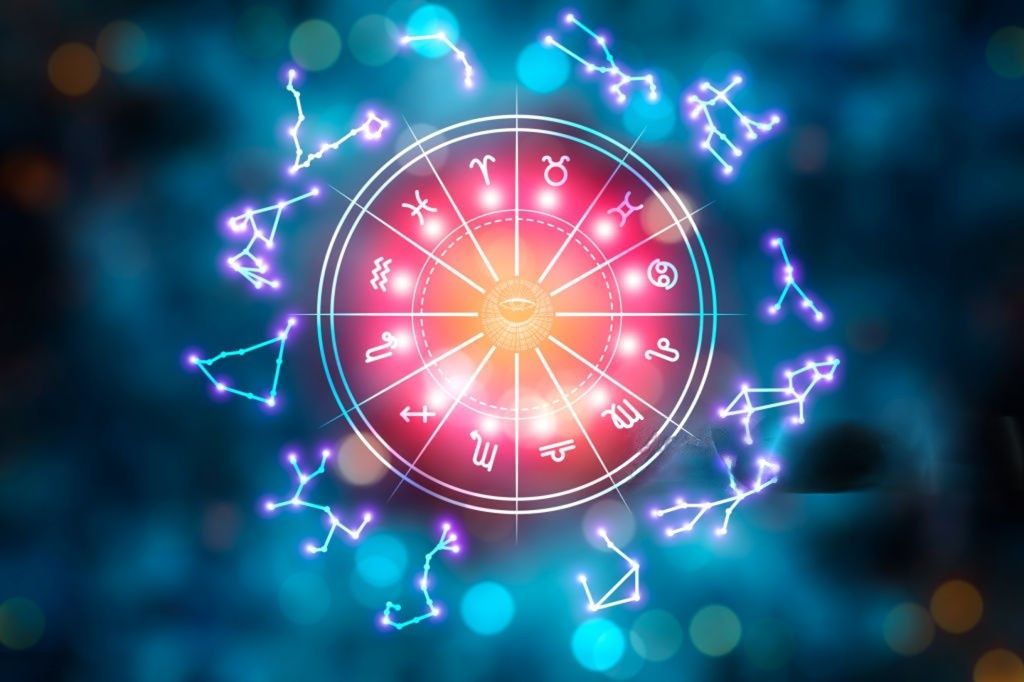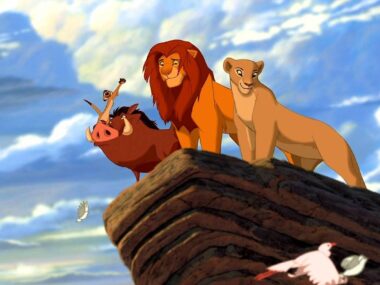Those that love astrology view it as a blueprint for their lives and the decisions they should make. For them, it’s the foundation for pretty much everything. From what our personalities should be, what career is better suited for us. It’s especially used in dating to determine if a person is “the one” and whether you’re compatible with them. (It’s very common to hear people refuse to date someone based on what their zodiac sign is. Don’t be one of those people).
Recently, The New York Times published an article stating that the current zodiac signs are inaccurate. If our zodiac signs are no longer aligned with the constellations in the night sky, does that mean they’re wrong?
What the Times Article Says
Two thousand years ago, the zodiac signs lined up neatly with the constellations. If you were a Virgo, the Sun was literally in front of Virgo’s stars when you were born. Today, it’s complicated.
Because of the way the Earth wobbles as it rotates on its axis, our view of the stars shifts by one degree every 72 years. Astronomers call this “axial precession,” and it completes a full cycle every 26,000 years. That means the Sun no longer rises in the same constellation and is one zodiac sign off. For example, someone who was born a Cancer is actually a Gemini.
The Mysterious 13th Sign
There’s also Ophiuchus, the so-called “forgotten” 13th zodiac sign. The Sun actually passes through it, but the Babylonians left it out thousands of years ago. They wanted to keep things simple with 12 signs since there’s 12 months in a year. Astronomers love to bring it up as evidence that astrology shouldn’t be taken seriously. Astrologers, on the other hand, usually shrug it off by insisting that astrology is supposed to be symbolic. Yet keeping things simple and symbolic doesn’t mean that it’s accurate. How can you actually say the current system is working as it’s intended when you choose to ignore a 13th constellation that the sun is passing through?
Astrologers Fire Back
Astrologers weren’t exactly panicking after the Times piece. Aliza Kelly, astrologer for The Cut, defended tropical astrology by stating it’s based on the seasons instead of the stars. She accused the Times of “looking for those nice astrology clicks by way of rage-baiting”. Another popular astrologer named Jaime Wright actually praised the New York Times for doing its research. However, she doubled down on the fact that Western astrology is symbolic, not star-based. In other words, they’re sticking with the current system and to hell with The New York Times.
Tropical vs. Sidereal
Should we all switch from tropical astrology to sidereal? Well, it depends on which system resonates with you the most.
Tropical astrology (Western) is tied to the seasons, not the stars. Aries always begins at the spring equinox, even if the Sun isn’t technically in Aries anymore. Sidereal astrology (Vedic/Indian) follows the constellations’ actual positions in the sky. That means your Sun sign may shift back about a month compared to the tropical system.
Both systems are consistent and give meaningful readings. Neither is “fake” unless you expected astrology to behave like a physics textbook.
So Is Your Zodiac Sign “Wrong”?
The debate on whether the current system is accurate is more than what’s right or wrong. It’s about purpose. Astrology gives people the sense that there’s something bigger than them that’s influencing this universe. While it’s not science, there’s still a lot to learn about astrology. Our definition of it can change and who knows? Maybe the multiple attempts that have to change the zodiac signs will actually stick? I do find it concerning that a lot of astrologers are dismissing The Times’ article outright. I think it’s a theory that should be explored further at the very least.
Astrology should be used for fun and as a tool for self-improvement. If reading your horoscope helps you understand yourself better, then that’s great. Still, I’d be careful using it as a definitive answer for major life decisions. If it dictates who you date or whether you should quit your job, maybe take a step back.






